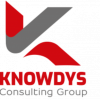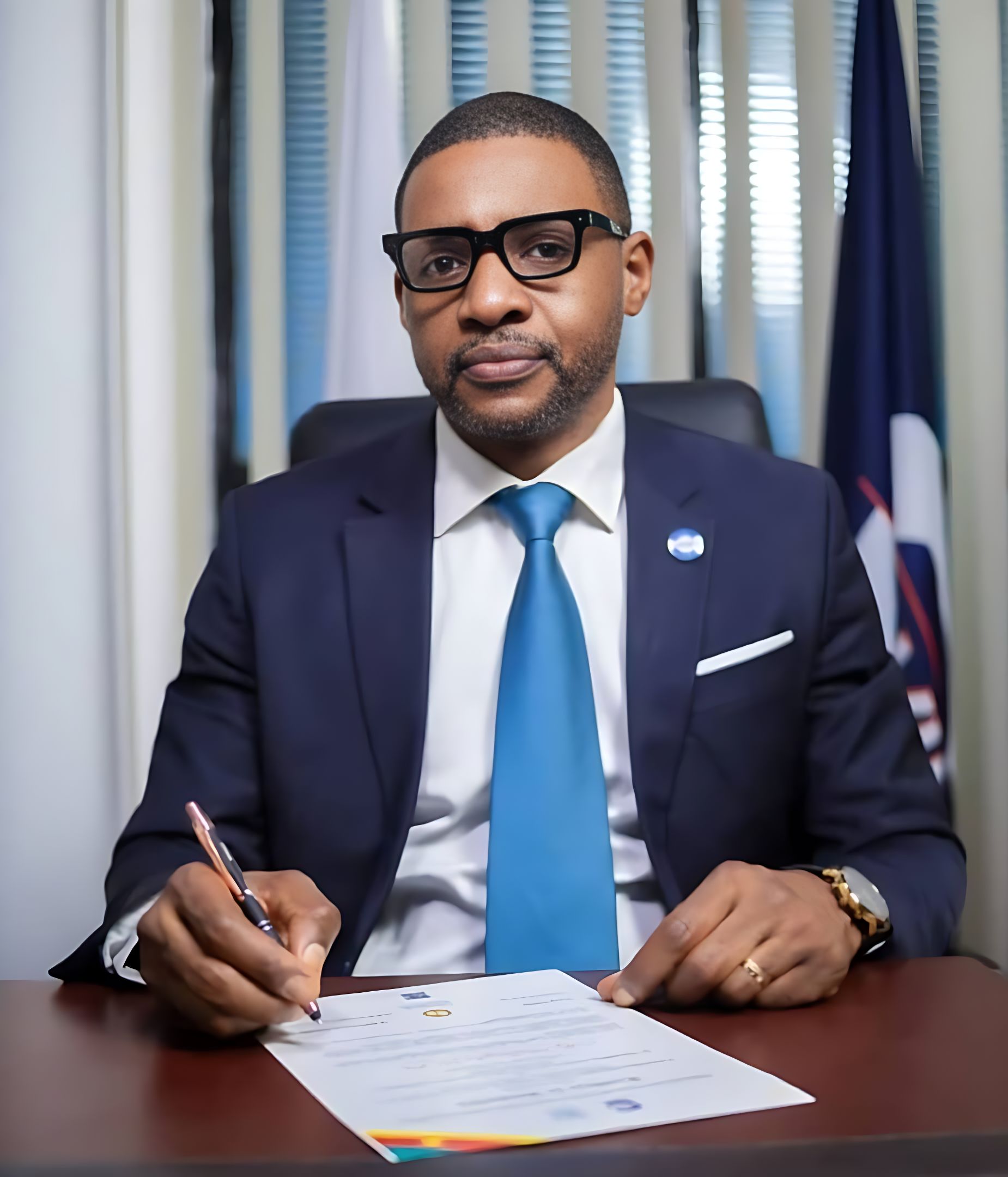The uncompromising analysis by Dr Guy Gweth, founder of Knowdys Consulting Group (KCG) and author of the strategic book Power 237, in Le Messager No. 8621 of 16 October 2025, goes far beyond a mere critique of electoral programmes. This dense and exclusive interview lays the foundations for a doctrine of a strategic state which, to attain regional leadership, must be firmly grounded in authentic African competitive intelligence and rigorous holistic monitoring, according to the standards of cognitive confrontation and economic warfare defined by the ACCI (CAVIE) with the support of KCG.
The urgency of a strategic execution mandate
According to Dr Gweth, the future president must commit decisively beyond the electoral cycle to embrace the roadmap detailed in Power 237. This strategy, designed to transform Cameroon into an African power by 2050, unfolds through three rigorous phases: The Foundations (2026–2033), focused on institutional strengthening and human capital; The Deployment (2034–2042), centred on innovation and regional integration; and finally The Radiance (2043–2050). The author insists that success must be measured not by promises but by precise indicators meeting high international standards, such as the doubling of GDP per capita and exemplary performance in the Corruption Perception Index. This vision requires the mobilisation of strategic levers, notably in financing, by pursuing tax revenue optimisation, the rational exploitation of natural resources and, significantly, the effective mobilisation of the diaspora.
The Hard, Soft and Smart Power triptych: a missing competence
Dr Gweth’s expertise has highlighted the gap between declared ambitions and the actual tools of international power being mobilised. He regrets that the candidates failed to credibly integrate the Hard, Soft and Smart Power triptych into their programmes.
Hard Power, he explains, is not limited to military strength; it requires concrete commitments to substantial investment in the defence industry and the completion of strategic infrastructure, citing the unblocking of the Port of Kribi as a lever to increase other nations’ dependence on Cameroonian exports. Soft Power must translate into the active promotion of cultural diversity and the transformation of the country into an academic hub of reference on the continent.
As for Smart Power, it is the keystone of modern diplomacy. In this regard, the expert recommends that the president-elect’s very first international mission should be the reactivation of a strategic partnership with Nigeria. Far from being a mere protocol gesture, this choice responds to a national security imperative in the face of the Boko Haram threat and seeks to secure access to a market of over 230 million consumers, thereby asserting essential regional commercial leadership for the implementation of the AfCFTA.
Competitive intelligence: the weak link in the debate
The analysis of presidential programmes revealed a lack of explicit and systemic consideration of competitive intelligence (CI), which is nevertheless essential to strategic survival in a hyper-competitive world. Dr Gweth reminds us that CI is above all a mindset of anticipation, defence, and attack.
This shortfall is reflected in the absence of details on the CI system required for implementing massive industrialisation or combating predation. To fill this gap, the author calls for the institutionalisation of defensive competitive intelligence, integrating digital sovereignty as a component of national Hard Power. This involves the training of intelligence officers, following the example of the work he has carried out with the DGRE, so that these services become the main actors in economic warfare.
The imperative of institutionalisation and discipline
To avoid the trap of power personalisation and institutional weakness, Dr Gweth advocates a radical and cross-cutting solution: the institutionalisation of a strategic steering structure directly attached to the Presidency. This entity, which would act as the country’s strategic brain, must be safeguarded from partisan games, endowed with autonomy and authority to transform reliable intelligence into political action.
His final advice to the future president is unequivocal: to mobilise high-level human resources, conclude a new social contract built around a strategic state, and establish a holistic intelligence bureau above partisan divides. By equipping the state with a doctrine and a capacity for anticipation, and by ensuring that every major decision is preceded by rigorous monitoring, Cameroon can position itself as a regional power through mastery of the global chessboard.
Download the full interview HERE.
The Editorial Team


